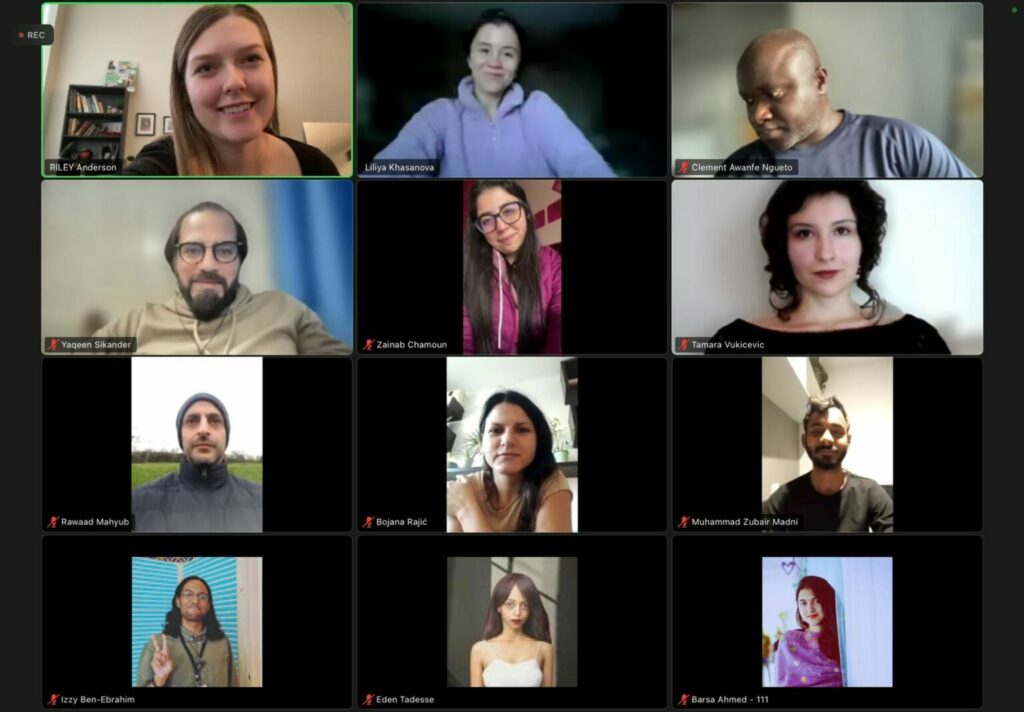4 February 2024 (UN World Interfaith Harmony Week)

Reverend Kudzaishe, ACWAY fellow from Zimbabwe, spoke about the detrimental effects of toxic masculinity in Zimbabwe. In this context, societal expectations place a significant burden on men, discouraging them from expressing emotions, particularly during times of grief. Men are pressured to conform to traditional roles as family leaders and primary breadwinners, leading to mental health issues, including a high prevalence of suicidal ideation. Reverend Kudzaishe emphasized the urgent need to create safe spaces for men to share their struggles and advocated for challenging and debunking gender roles. The call extends to decampaigning the notion of specific roles for men and women, encouraging individuals to pursue their passions irrespective of societal expectations. The passage also acknowledges that women, too, have been conditioned to adhere to specific roles, emphasizing the importance of collective efforts to combat these deeply ingrained gender stereotypes.
Tamara Vukicevic from Croatia spoke about the intricacies of coping without relying on God. She shared a compelling story about pre-surgery coping, highlighting the personal, individual, cultural, (un)religious, and (un)healthy dimensions of coping mechanisms. Tamara emphasized the importance of a judgment-free and stigma-free approach to coping. The discussion delved into the question of whether atheists experience better mental health than their religious counterparts, revealing varying responses and noting the challenge of conclusive research due to numerous variables. Tamara acknowledged that people do not easily abandon their convictions, referencing the aphorism “There are no atheists in foxholes” to illustrate how extreme stress or fear can prompt belief in a higher power. Ultimately, the conversation underscored that coping is less about religious beliefs and more about mental well-being.
Dr. Yaqeen Sikander spoke about the intersection of religion and mental health, emphasizing its profound impact. Studies suggest a preference for individuals to seek therapy from therapists of the same/similar positionality, reflecting the influence of cultural norms. There exists a stigma attached to seeking therapy, and Dr. Yaqeen discussed how colonialism has played a role in shaping mental health perceptions. The conversation shifted to TIIP (Traditional Islamic Integrated Psychotherapy), which is evidence-based and focuses on understanding the nature of human beings and mechanisms of change. Dr. Yaqeen pondered on the challenge of bringing individuals back to the golden mean, emphasizing the concept of Ittihad as a means to achieve balance.

